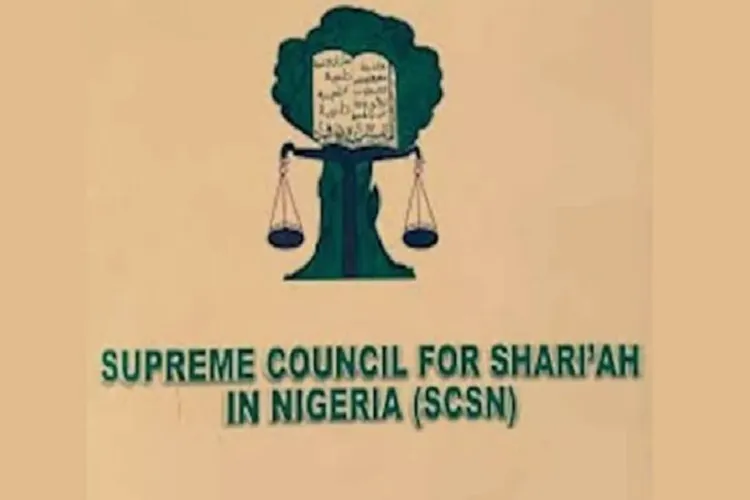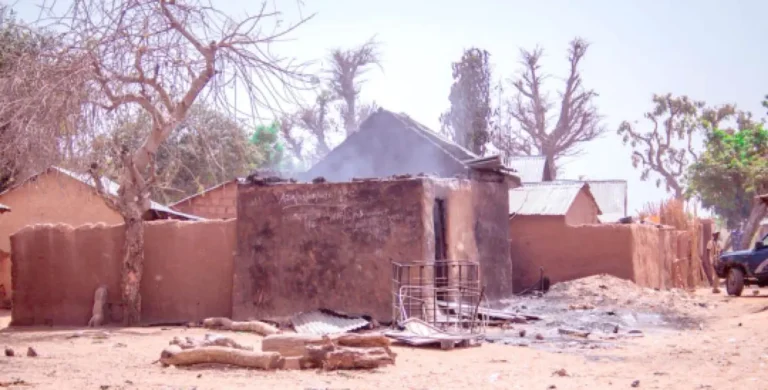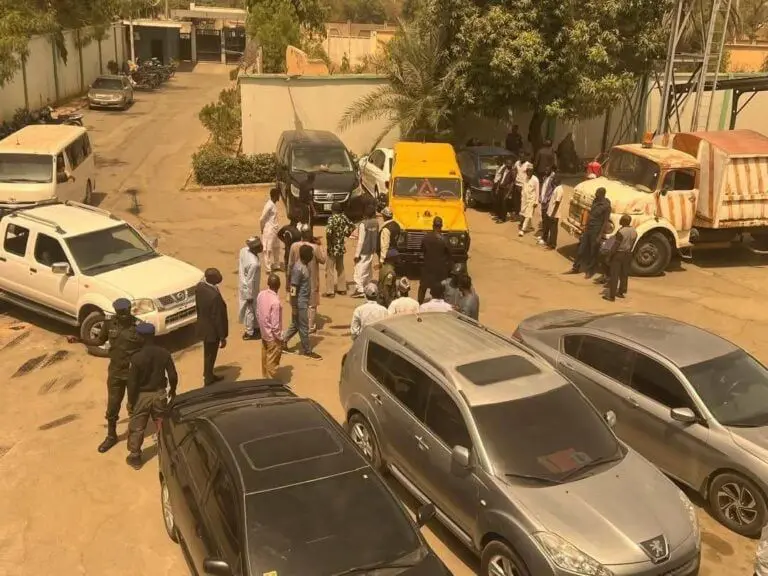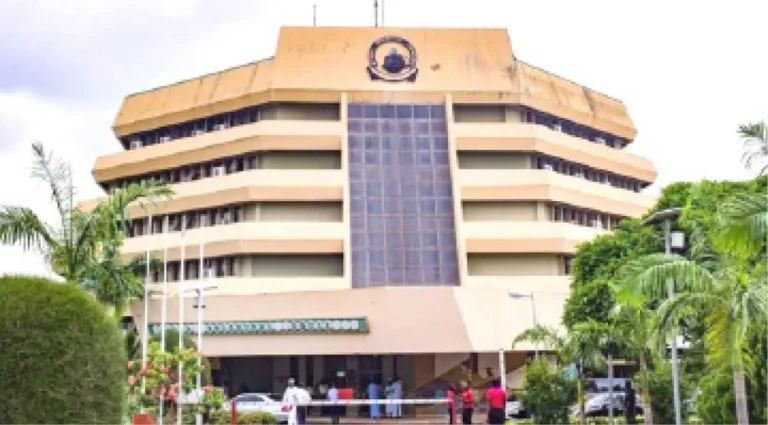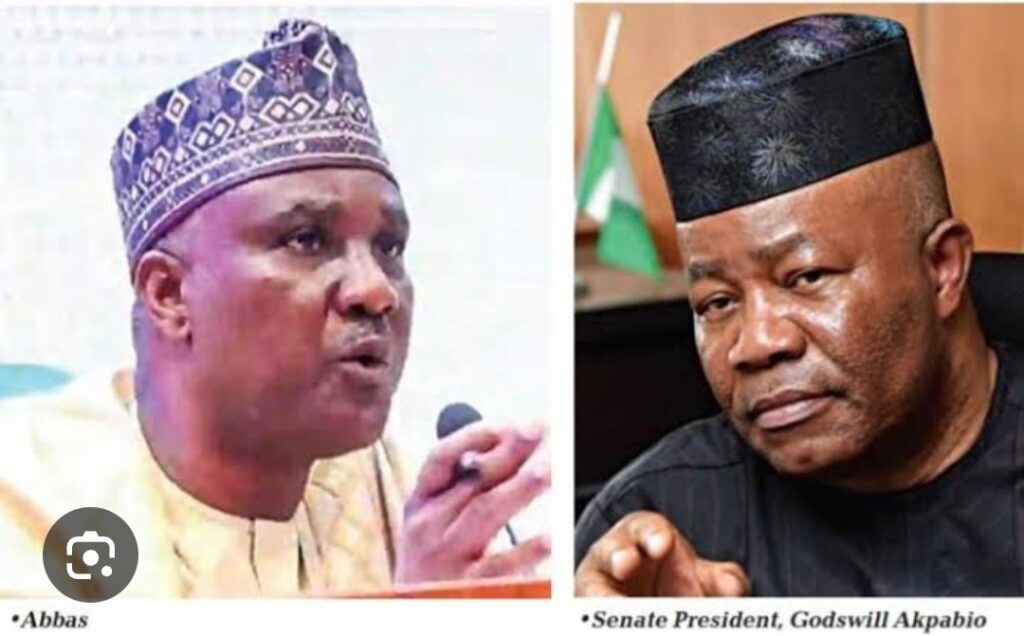
THE six geo-political zones came alive last week as no fewer than 100 eminent citizens gathered across the country for a public hearing on constitutional review, which reignited debates around old fault lines
From Enugu to Kano, Jos, Ikeja, Ikot-Ekpene in Akwa Ibom State and Maiduguri, Nigerians, deeply concerned about what they described as a deteriorating state of affairs, shared their views on how to move the country forward.
Participants made passionate requests for the creation of new states, increased women’s representation in government and creation of state police to serve as a response to the growing insecurity across the country, among others.
Although an eldersatesman from Northern Nigeria was prompt in dismissing these demands by saying all that the country needs is a change in attitude, leaders across the six-geopolitical zones did not waver in their attempt to make their desires known.
Constitutional amendment process not elite-driven —Barau
At the South-West zonal hearing held in Ikeja, capital of Nigeria’s economic nerve centre, Deputy President of the Senate and chairman of the Senate Committee on the review of the 1999 Constitution, Senator Jibrin Barau, set the tone for the conversation.
Barau, represented by Chairman of the South-West zone, Senator Bamidele Opeyemi, revealed that for any amendment to be successful, it must be supported by two-thirds of the state assemblies.
He stressed that the constitutional amendment process is not an elite-driven exercise but a genuine response to long-standing public demands for more inclusive, just and effective governance.
He said: “We are not here to echo the voices of a vocal minority but to give voice to the majority of Nigerians, whose hopes and expectations must be reflected in our laws. We are guided by integrity, open-mindedness and patriotism. No decisions have been made yet; we are here to listen. We urge stakeholders to participate constructively and see this as a civic duty.”
Barau also said Nigeria has “enacted five alteration acts since 1999 to address governance, institutional reforms, and national aspirations. However, key issues such as electoral and judicial reforms, local government administration, gender equity, devolution of powers, security, and the role of traditional institutions remain unresolved and urgently need legislative action.”
Sanwo-Olu backs recognition of 57 Lagos LGAs
Speaking at the hearing, Governor Babajide Sanwo-Olu, represented by his deputy, Dr Obafemi Hamzat, stated the importance of recognising the 57 local governments in Lagos based on population.
Sanwo-Olu argued that if Kano could be accorded such privileges, the Centre of Excellence deserves the same given the state’s large population.
He said: “If Kano can enjoy such privileges, there is a need for balance in Lagos, where we have a large population.”
Ooni presents reasons monarchs be formally recognised
During the conversation, South-West traditional rulers, led by the Ooni of Ife, Oba Adeyeye Enitan Ogunwusi, and the Alaafin of Oyo, Oba Gbadegesin Adeyemi, argued that they be formally recognised within federal, state and local governments.
According to them, their role would be advisory, enabling them to support political office holders.
Ogunwusi, in his submission on behalf of the monarchs, said: “The Senate should do justice to what we are asking for, we are not challenging the politicians but our role can be advisory. All we ask is the opportunity to support the government at the federal, state and local government levels.”
Devolution of powers, key to reforms – Ogundoyin
On his part, Chairman, Conference of Speakers of State Legislatures of Nigeria and Speaker, Oyo State Assembly, Debo Ogundoyin, solicited that more power be devolved to subnational governments for rapid and accelerated development.
Ogundoyin, represented by the Deputy Speaker, Abiodun Fadeyi, said both federal and state governments should be allowed to legislate on issues that border on solid minerals, labour matters, drug and poisons, telecommunications, stamp duty among others.
He said: “Devolution of powers is key to this on-going constitutional amendment by devolving key items from the exclusive legislative list to the concurrent legislative list in the interest of all. For instance, the removal of the electricity matter from the exclusive legislative list has significantly transformed many states’ power sector through independent power supply initiatives.
Ogundoyin also backed the establishment of state police, pointing its benefits to include improved local security, community policing, decongestion of federal responsibilities, enhanced accountability and employment opportunities.
He said: “Concerning the state police, all the stakeholders will agree with me that the debate over the establishment of state policing has garnered momentum from both supporters and critics. The potential benefits of state police far outweigh the challenges.
“In essence, what the amendment seeks to address will be the powers, responsibilities and limits of the state police which should be clearly defined, provide oversight mechanisms to prevent abuse and design a comprehensive framework for federal and state police to work in harmony to balance power and for effective coordination mechanisms.”
Mutfwang suggests state police to tackle insecurity
At the North-Central Zonal hearing in Jos, Plateau State capital, Governor Caleb Mutfwang of Plateau State, called for the creation of state police, saying it is a response to Nigeria’s worsening security crisis.
Beyond state police, Mutfwang called for judicial, legislative and institutional reforms as well as fiscal federalism.
On state police, he said: “It is on record that Nigeria is bedevilled by grievous and pervasive security perturbations which hitherto were confined geographically to some zones of the country but which have now metastasised into a cancerous growth eating into the fabric of our collective union.
“While the common denominator underlying these security breaches is the upswing in the violence against persons and properties, certain patterns in terms of nature and prevalence, are attributable to specific regions such as insurgency and terrorism in the North-East and North-Central regions, anarchic ethnic nationalism and secessionist agitations in the South-East and criminal and gang wars in the South-West and South-South zones.
“It is, therefore, clear that the necessity of state police in the federating units is an idea whose time has not just come but is belatedly being discussed at the risk of the looming allegation of the nation itself being labelled as being criminally negligent for failing to adopt measures which could have long stopped this massive hemorrhaging of monumental proportions hitherto unseen in modern climes for a nation ostentatiously not at war.”
Creation of new states, gender inclusion top North-East submissions
At the North-East hearing in Maiduguri, the Women’s Rights Advancement and Protection Alternative, WRAPA, proposed the creation of additional seats for women in the National Assembly and state houses.
Secretary-General of WRAPA, Saudatu Mahdi, represented by Dr Yabawa Koli, made this submission, calling for a rotational structure to ensure equity.
Meanwhile, Director-General for the creation of Amana State out of Adamawa State, Alhaji Sali Bello, said the demand for Amana was necessary, and will help in correcting historical injustice.
Like him, Ambassador Ahmed Yayale, advocated for the creation of Katagum State out of Bauchi, and pleaded for electoral reforms, restructuring of government and traditional institutions.
He further lamented the arbitrary appointment and deposition of traditional rulers, which he said undermines development and peaceful coexistence.
Galadima disagrees with constitutional reforms
However, not everyone was convinced that constitutional reforms are the answer to Nigeria’s growing problems.
Elder statesman, Buba Galadima, who quickly picked holes in the recommendations, said Nigeria needs not any of those, but a change in attitude.
“Do we need to review the Nigerian Constitution?” Galadima asked on The Morning Show, an Arise TV programme.
He said: “What we need to review is our attitude. There is no need to amend any constitution. What we should amend is our attitude towards operating this constitution. There is no separation of powers as you know now. The judiciary, legislature and executive are in the hands of one person. And this is not because the constitution did not provide for separation of powers, but because some people have abdicated their responsibility. The two arms of government became servants of the executive.
“That is our problem. It is an attitudinal change. For the last 45 years, I fought against the idea of state police. Please, I beg Nigerians and I beg members of this National Assembly, including state assemblies, that they should never, in any circumstance, allow the creation of state police. It may be convenient for us now, but we will cry when it becomes a constitutional matter, which we cannot do away with in a simple manner. It will destroy democracy.”
We can’t amend ‘99 Constitution without state assemblies — NASS
At the public hearing, weekend, the National Assembly said it would transmit the report of the constitution review to the 36 state assemblies before December 2025.
However, Chairman of the South-West zone, Bamidele, who represented Barau, urged stakeholders with special requests to engage and lobby their state assemblies, noting that the National Assembly “cannot successfully review the Constitution of the Federal Republic of Nigeria, 1999 (as amended) without their approval.
“There is nothing the National Assembly can do without a two-thirds approval of all proposals by the state legislatures. All stakeholders must work with their lawmakers at the state level. We must appreciate the role of state assemblies to ensure the passage of the proposals into laws.
“State assemblies are part of the process. We have been in Lagos State in the last 48 hours, listening to people’s aspirations and concerns. All six states in the geo-political zone were represented by their elected representatives. We are in this process together to receive their presentations.
“The state assemblies are already anticipating the report of the constitution review from the National Assembly. They are not waiting for the report alone. They are also part of the constitution review process. I do not envisage any problem from the state assemblies.
“Therefore, we are advising all the stakeholders who are also looking for special considerations to extend their advocacies to the state assemblies. It is not just about them as elected representatives, but as representatives of people who elected them. People should be aware when they are making decisions to be sure that they are also doing so in consonance with the wishes of their constituents.”
VANGUARD.

